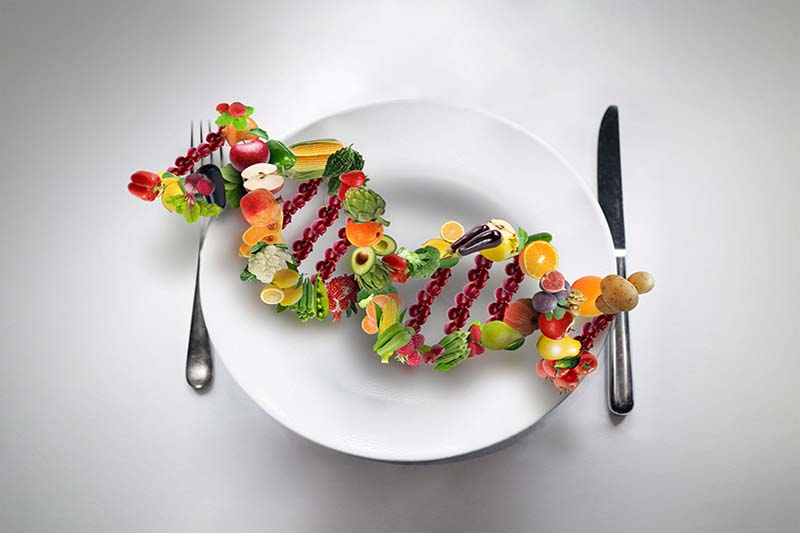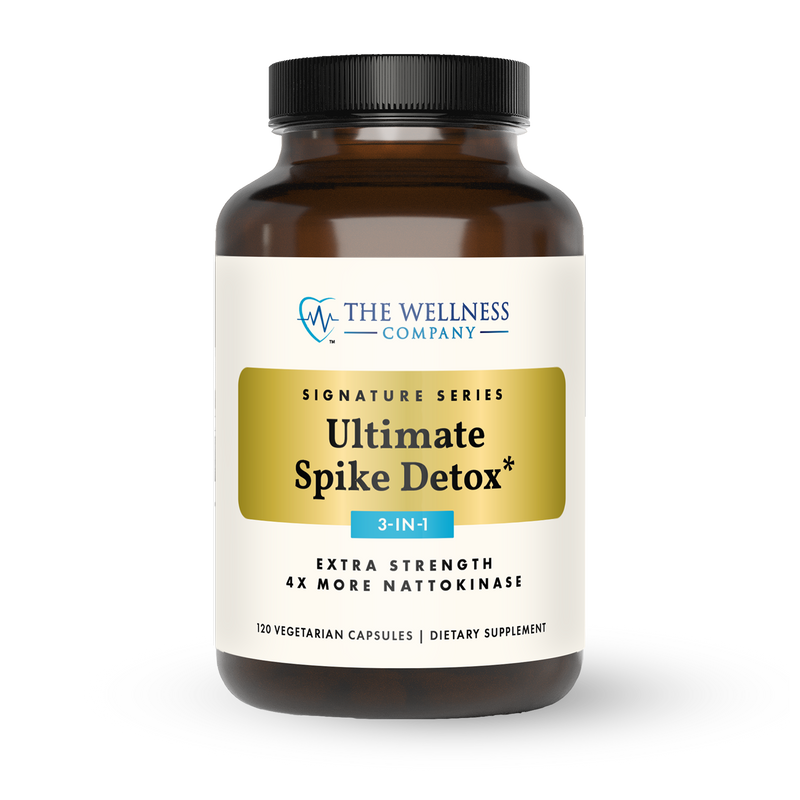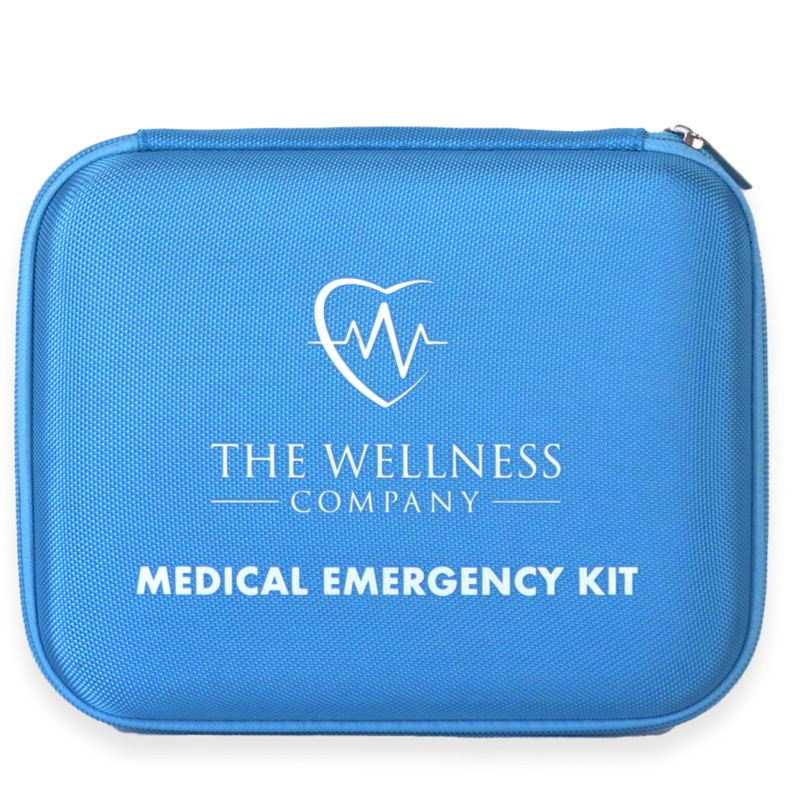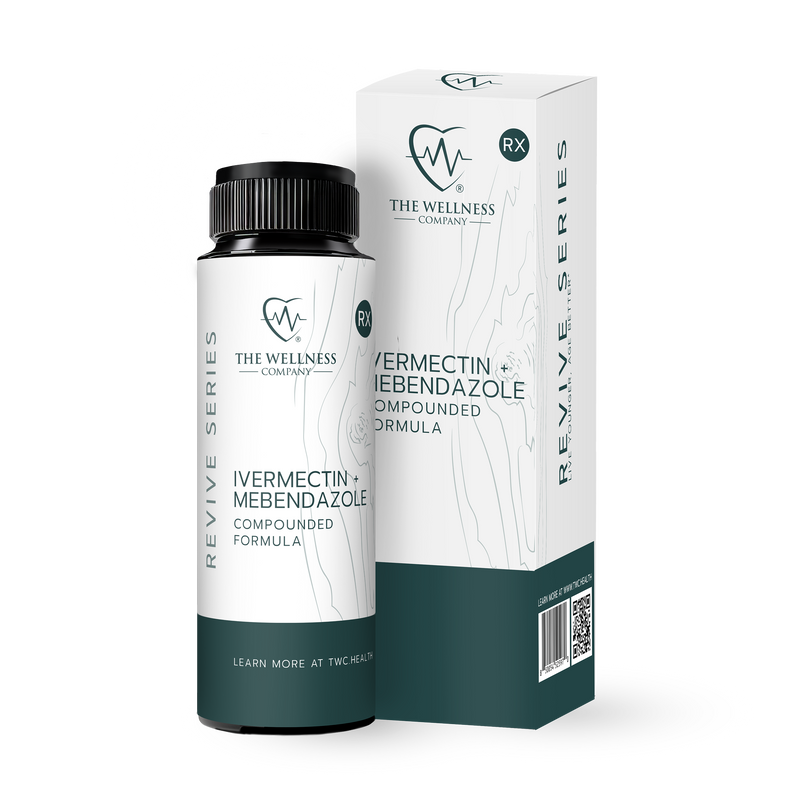Will Nutrigenomics Revolutionize the Field of Nutrition Science?

For decades, opposing nutritional camps have quarreled over what constitutes a healthy diet. The Zone, Atkins, and Paleo diets are just a few examples of the “sects” into which the health and fitness industry has divided. Each sect preaches its own philosophy as the single proper method of eating, advancing its own commercial interest in doing so.
While differentiation and disagreement are to be expected in the commercial marketplace, even experts in the empirical world of academia argue over issues as basic as whether grains are part of a healthy diet, or whether humans should consume dairy.
At the root of the confusion is the following puzzling phenomenon:
Precisely the same diet affects different people in different ways.
For example, some people who eat a high fat diet develop serious cholesterol issues, while others who consume an identical diet do not.
The critical question is this:
How can two people consume the same nutrient in the same amount and have different responses?
Nutrigenomics, a bridge between genetics and nutrition, helps solve this puzzle.
To understand how, let’s explore an example involving something many of us consume every single day:
Coffee.
Though coffee is one of the most widely consumed beverages in the Western world, there remains significant controversy over its nutritional value. Some experts tout the antioxidants in coffee beans as protective of cardiovascular function, while others emphasize the biologically adverse effects of caffeine.
The layperson is left wondering...
Is coffee healthy or not?
In one study, researchers identified two versions of the gene (called CYP1A2) which codes for the major enzyme that breaks down caffeine in the liver.
Half the population has a version of the gene which metabolizes caffeine quickly, while the other half has a version which metabolizes caffeine slowly. It turns out that people with the “slow” gene are at increased risk of heart attack when increasing consumption of caffeinated coffee.
Conversely, those with the “fast” gene have a decreased risk of heart attack when they consume an identical amount. The reason why the fast version of the gene confers a benefit is that the antioxidants in the coffee (not the caffeine) offer protection for the heart.
The fast metabolizers can break down the caffeine very rapidly, eliminating it quickly while preserving the healthy antioxidants in the coffee. The slow metabolizers, by contrast, are subject to the adverse effects of caffeine for a longer duration, negating the benefits conferred by the antioxidants in the beans.
Will nutrigenomics revolutionize the field of nutrition science?
Will our DNA turn out to be a faultless indicator of what we should eat?
Despite its promise, the field is still plagued by controversy and disagreement.
Michael Pollan succinctly captures this reality:
"Nutrition science, which after all only got started less than two hundred years ago, is today approximately where surgery was in the year 1650 – very promising, and very interesting to watch, but are you ready to let them operate on you? I think I’ll wait awhile."
Video: Writer Michael Pollan's experience quitting caffeine, cold turkey.
References
Glatz, J. F., Turner, P. R., Katanf, M. B., Stalenhoef, A. F., & Lewis, B. (1993). Hypo‐and hyperresponse of serum cholesterol level and low density lipoprotein production and degradation to dietary cholesterol in mana. Annals of the New York Academy of Sciences, 676(1), 163-179. doi: 10.1111/j.1749-6632.1993.tb38732.x.
Cornelis, M. C., El-Sohemy, A., Kabagambe, E. K., & Campos, H. (2006). Coffee, CYP1A2 genotype, and risk of myocardial infarction. Journal of the American Medical Association, 295(10), 1135-1141. doi:10.1001/jama.295.10.1135.
Pollan, M. (2009). Food rules: An eater’s manual. Penguin.














